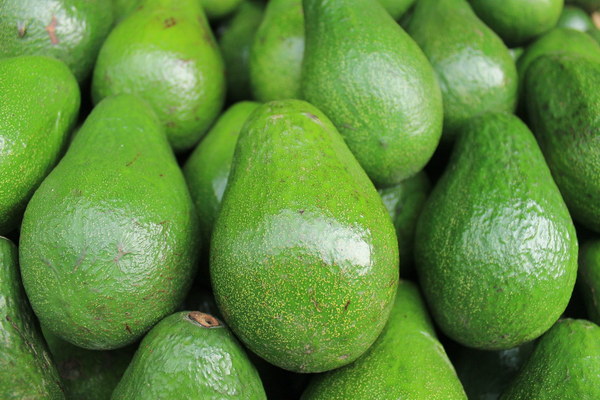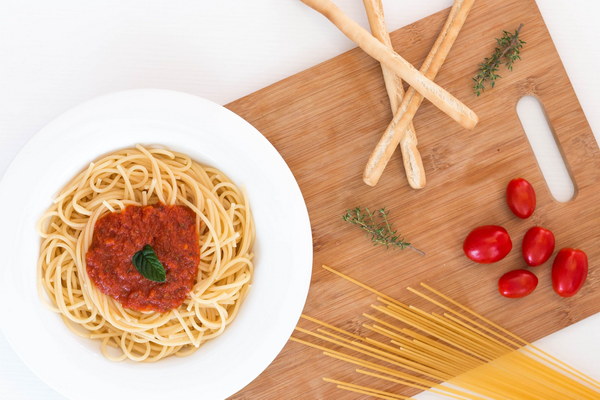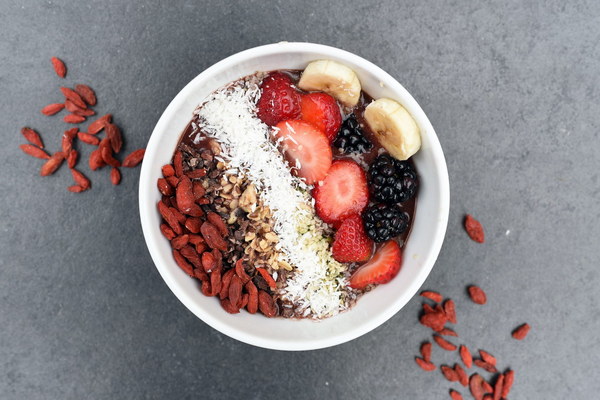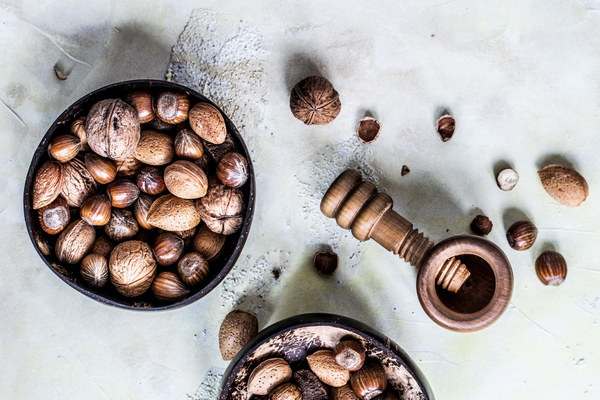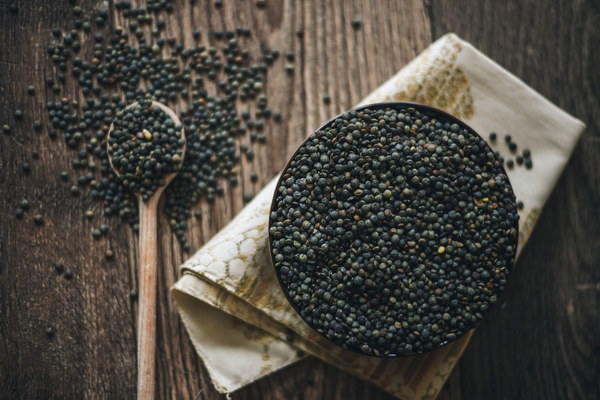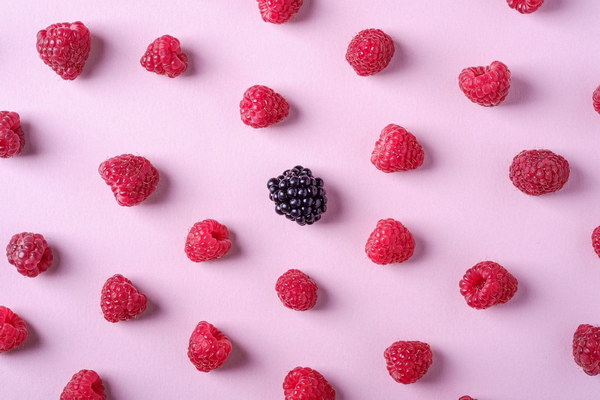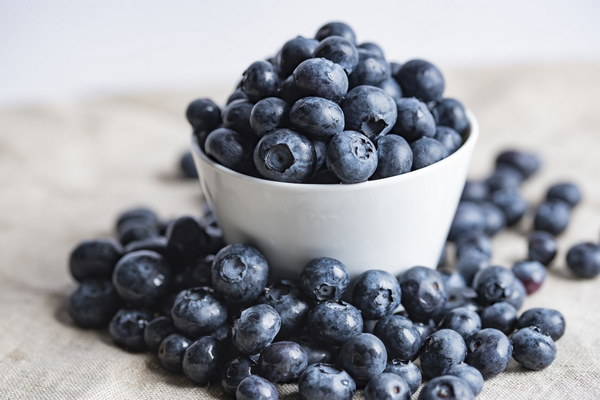Unlocking the Power of Natural Foods A Comprehensive Guide to Alleviating Cervical Cancer Risks
Cervical cancer, a disease that affects women worldwide, has been the subject of extensive research and treatment methods. While medical interventions are crucial in combating this condition, there is growing evidence suggesting that dietary choices can play a significant role in preventing and managing cervical cancer. This article delves into the world of natural foods and their potential to inhibit the progression of cervical cancer.
Understanding Cervical Cancer
Cervical cancer is primarily caused by the Human Papillomavirus (HPV), which is a sexually transmitted infection. The virus can lead to abnormal cell growth in the cervix, potentially resulting in cancer. While HPV is the main cause, other factors such as smoking, a weakened immune system, and a history of birth control use can also contribute to the development of cervical cancer.
The Role of Diet in Cervical Cancer Prevention
Numerous studies have indicated that a balanced diet rich in specific nutrients can help prevent the onset of cervical cancer. Here are some of the key dietary components that have been found to be beneficial:
1. Fruits and Vegetables: High intake of fruits and vegetables, particularly those rich in antioxidants, has been associated with a lower risk of cervical cancer. Fruits like berries, oranges, and tomatoes contain antioxidants that can neutralize harmful free radicals and reduce inflammation in the body.
2. Fiber: Foods high in fiber, such as whole grains, legumes, and vegetables, can help regulate bowel movements and reduce the exposure of the cervix to harmful substances.
3. Vitamin C: This vitamin is essential for the immune system and can help protect against HPV infection. Citrus fruits, strawberries, and bell peppers are excellent sources of vitamin C.
4. Vitamin E: Another antioxidant that can help combat HPV, vitamin E is found in nuts, seeds, and vegetable oils.
5. Beta-Carotene: This nutrient, which is converted to vitamin A in the body, can help prevent the progression of cervical cancer. Sources of beta-carotene include carrots, sweet potatoes, and dark leafy greens.
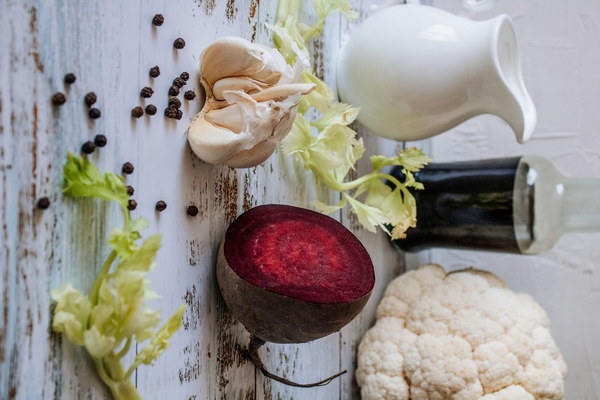
6. Selenium: This mineral has been found to have a protective effect against HPV infection. Selenium-rich foods include Brazil nuts, seafood, and whole grains.
Incorporating Healthy Foods into Your Diet
To incorporate these cancer-fighting nutrients into your diet, consider the following tips:
- Increase Your Fruit and Vegetable Intake: Aim for at least five portions of fruits and vegetables per day. Include a variety of colors to ensure a wide range of nutrients.
- Whole Grains: Replace refined grains with whole grains such as whole wheat, brown rice, and oats.
- Fatty Fish: Include fatty fish like salmon, mackerel, and sardines in your diet, as they are rich in omega-3 fatty acids, which have anti-inflammatory properties.
- Nuts and Seeds: Snack on nuts and seeds, such as almonds, walnuts, chia seeds, and flaxseeds, to get your daily dose of selenium and vitamin E.
- Stay Hydrated: Drink plenty of water throughout the day to support your body's immune system.
Conclusion
While no single food can guarantee the prevention of cervical cancer, incorporating a balanced diet rich in essential nutrients can significantly reduce the risk. By making mindful dietary choices, you can empower your body to fight against HPV and other risk factors associated with cervical cancer. Remember to consult with a healthcare professional before making any significant changes to your diet. Together, we can take a proactive approach to maintaining a healthy lifestyle and reducing the incidence of cervical cancer.


